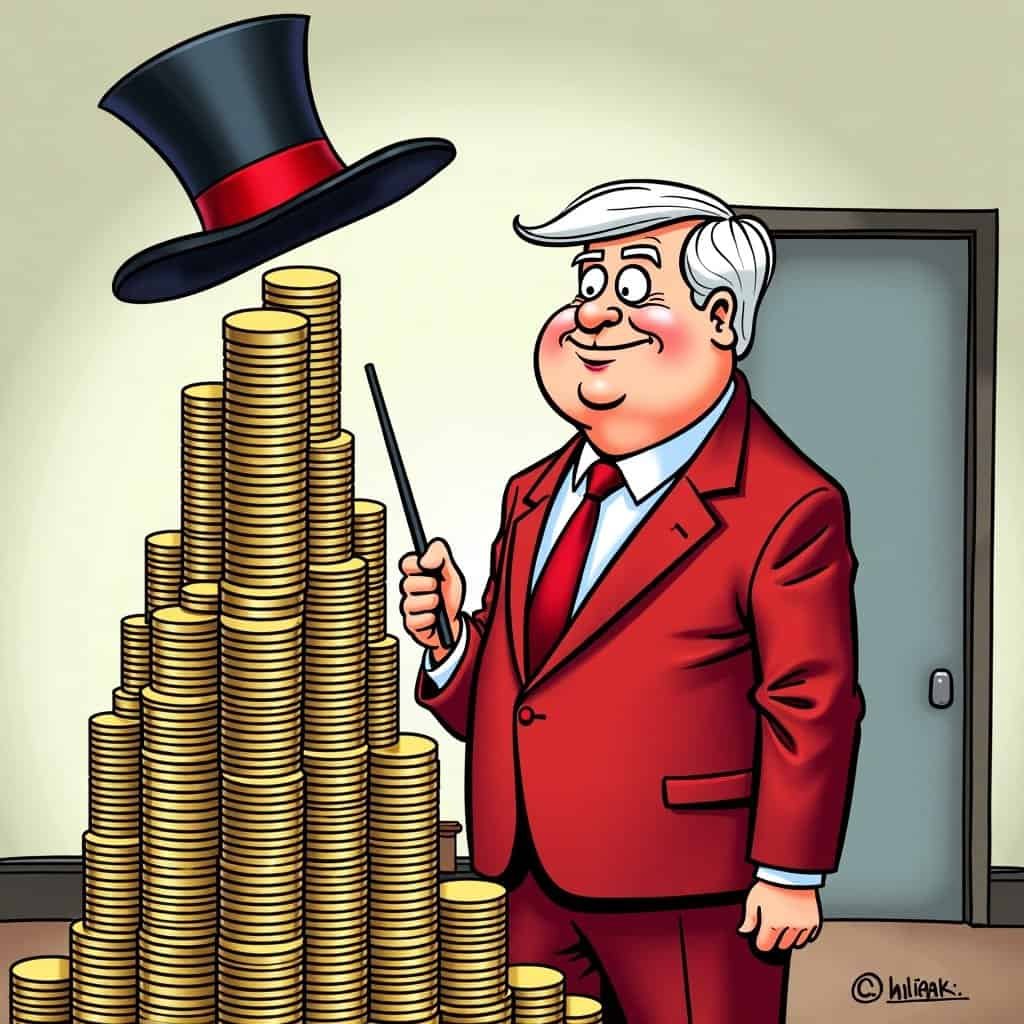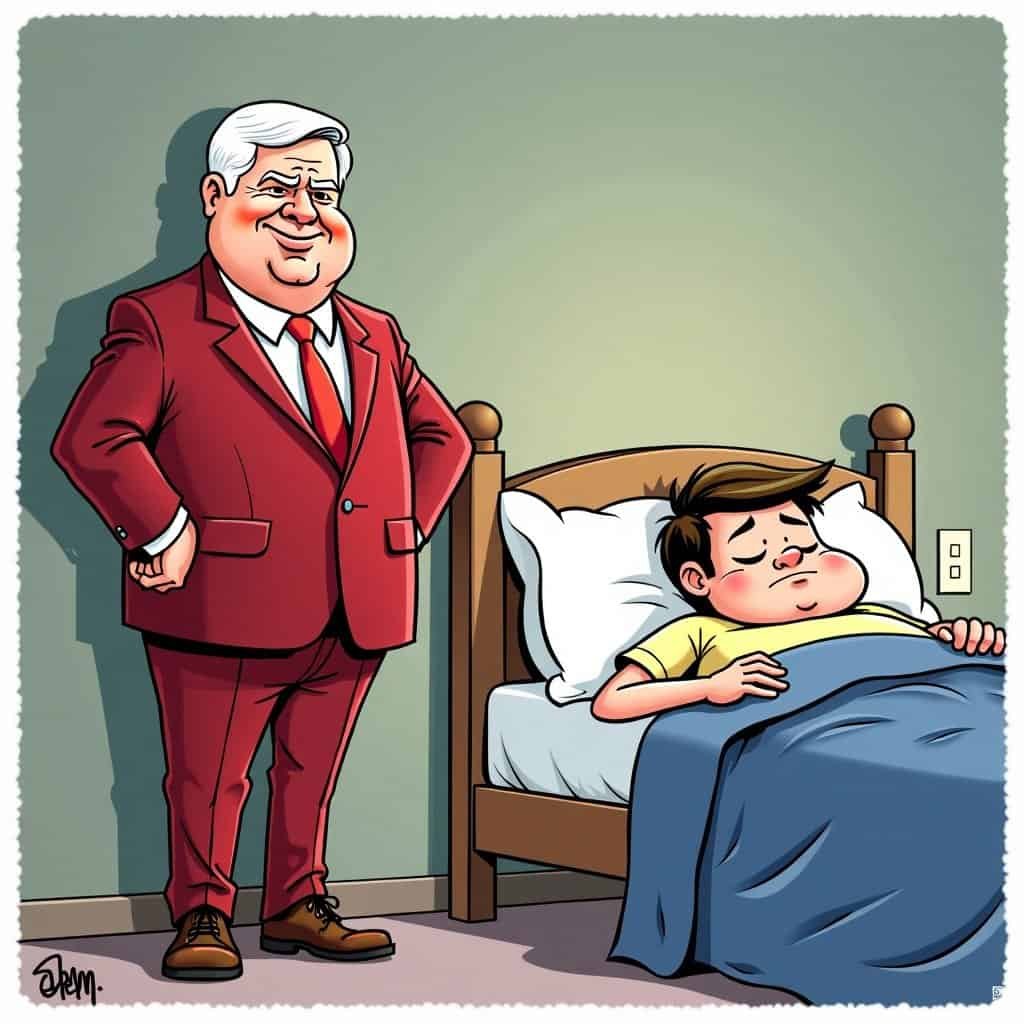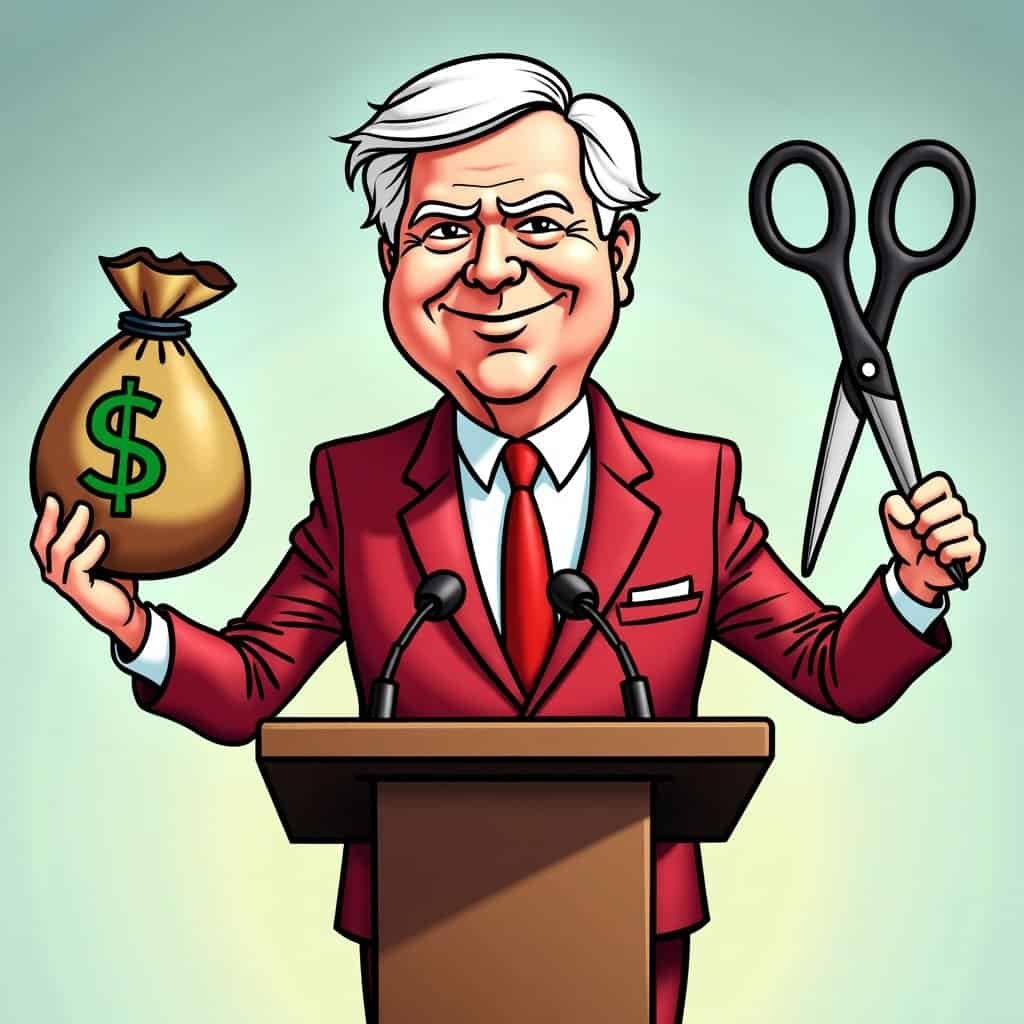What do you call a magician with a deck of budget cuts? Newt Gingrich! Take your hats off and give a big round of applause. This guy had everyone from Washington to small-town America scratching their heads: Could fixing the federal budget really be that easy?
In the wild 1990s — when grunge ruled and floppy disks were king — Newt, our bold and quick-witted House Speaker, set out on a quest as ambitious as getting people to forget about bad haircuts and baggy pants. The goal? Balancing the federal budget. And believe me, he wasn’t kidding around.
Imagine this: Congress huddled in smoky rooms, plotting like chess pros hopped up on caffeine. Newt wasn’t just playing politics; he was all about action, showing what true conservative values look like.
Newt’s Balanced Budget Approach
His balanced federal budget wasn’t some complicated puzzle — it was just plain old common sense money management. The plan? Cut taxes, trim government fat, and push private investment to help people succeed on their own — not because Uncle Sam left them a big allowance. Simple, clean, no extra sauce on the budget burger.
The left and their progressive buddies might spin you a different yarn. They’d have you think that government meddling, higher taxes, and a sprinkle of magic are needed to make it all work. A ‘share-the-wealth’ fantasy of rainbows and overflowing government coffers. What a trick! But here’s the punchline: in the real world, their ideas often blow up like a cartoon character’s scheme — slowing down the economy and making more hardworking folks frown than smile.
Newt’s Vision
Newt saw what the liberals missed; by tapping into individual strengths and keeping government out of the way, people naturally created wealth. Jobs popped up like daisies in spring — fresh, lively, and growing. Who benefited? Everyone. Your flag-waving neighbor, the single parent juggling work and kids, even dreamers still chasing their big break — they all got a fair shot without Big Brother breathing down their necks.
Making It Happen
With Newt at the helm, balancing the federal budget went from wishful thinking to reality, all thanks to solid conservative principles — ideas that put economic freedom before government handholding. Sure, dealing with national debt sounds about as fun as watching paint dry, but who else but Gingrich could pull it off? It was nerve-wracking, tricky, and sometimes messy, but conservatives stood firm, channeling that classic American can-do spirit.
Despite what some history books might say, Newt’s moves didn’t turn government buildings into museums or freeze everything in place. Instead, they showed that with the right approach, economic opportunities could grow like wildfire. The country moved away from long-winded speeches towards actually managing money well — real, meaty economic progress, with dollars flying around like confetti at a parade.
Lessons for Today
In today’s political zoo, thinking back to Newt’s balanced budget isn’t just a fun trip down memory lane for Republicans. It’s a wake-up call. That man knew how to take the hits and leave behind a legacy of smart governance and get-it-done attitude. The only head-scratcher? How to grab back those ideas lost in the shuffle of political fairy tales. Friends, let’s keep that Newt-inspired ball rolling, singing the praises of balanced budgets and conservative horse sense — with a nod to past wins that steered us right. After all, an economy not weighed down by too much spending is something worth holding onto, because prosperity belongs to those who choose freedom over government handouts.
So, dear reader, think about this: What do you get when you mix Newt’s ideas with today’s money troubles? Why, a movement worth building, with answers as clear as crystal and as steady as our freedom-loving hearts! Let’s move forward, seeing balanced budgets not as boring number games, but as shining examples of what smart people can do. I bet Gingrich can rest easy knowing what a lasting mark his leadership made—these ideas stick around even when times get tough. Keep at it, conservatives, it’s our job to make it happen.






